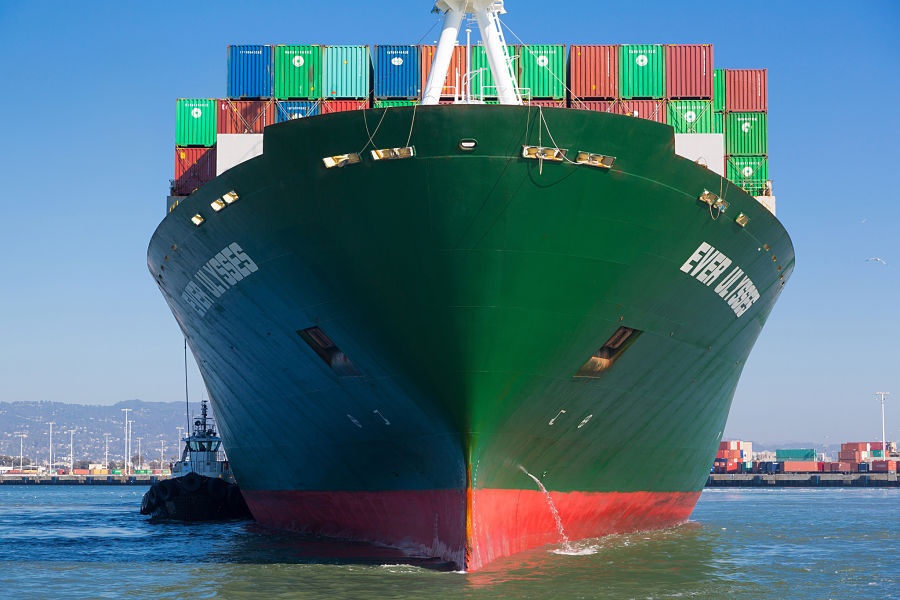

China has strongly objected to a proposed deal for Hong Kong-based CK Hutchison Holdings to sell its majority stake in two key ports along the Panama Canal to a BlackRock-led investment group.
The criticism, published in a state-backed newspaper and amplified by Chinese government agencies, raises some concerns about how or whether the transaction will proceed.
The commentary in Ta Kung Pao, a Chinese state-owned newspaper, accused CK Hutchison of prioritizing profit over national interests. The article, later republished by China’s Hong Kong and Macao Affairs Office, described the sale as “spineless groveling” and a “betrayal” of the Chinese people.
The $22.8 billion deal, announced on March 4, involves BlackRock and a consortium of investors acquiring CK Hutchison’s controlling interest in the ports of Balboa and Cristobal – strategically located on either end of the Panama Canal. The agreement also includes the sale of the company’s stake in 43 other ports spanning 23 countries.
Following the criticism, CK Hutchison’s stock declined sharply, dropping 6.7 percent on Friday, marking its steepest single-day percentage loss in nearly five years. Some analysts said the market reaction reflects concerns that Beijing’s opposition could jeopardize the transaction.
“I’m not aware that any approval from Chinese regulators is required given CKH is retaining all of its existing Chinese ports,” Dan Baker, a senior equity analyst for Morningstar, told CNN. “Of course, there is some chance that other influences may be brought to bear on the company that might put the deal at risk. The market seems to be pricing in some chance of this.”
CK Hutchison, controlled by billionaire Li Ka-shing, has faced pressure from both the US and Panamanian officials to divest from the Panama Canal ports. The company, which retains operations in Hong Kong and mainland China, positioned the deal as a move to refocus its global assets. In a filing to the Hong Kong stock exchange, CK Hutchison said the sale is expected to generate more than $19 billion in cash proceeds.
The transaction also holds geopolitical significance. During his presidential campaign and after taking office, President Donald Trump repeatedly voiced concerns about Chinese entities controlling strategic infrastructure in the Western Hemisphere. He previously stated that China’s role in Panama’s port operations signaled Beijing’s growing influence over the canal.
After news of the deal broke, social media posts sprouted across TikTok and X falsely asserting that BlackRock has taken control of the Panama Canal. A statement from Trump at a joint session of Congress on March 4 contributed to the confusion, where he claimed "[m]y administration will be reclaiming the Panama Canal, and we've already started doing it."
China’s opposition could complicate the deal’s completion, although it is unclear whether Beijing has the authority to block it. The commentary in Ta Kung Pao warned that CK Hutchison should “think carefully about what position and side it should stand on.”

By listening for what truly matters and where clients want to make a difference, advisors can avoid politics and help build more personal strategies.

JPMorgan and RBC have also welcomed ex-UBS advisors in Texas, while Steward Partners and SpirePoint make new additions in the Sun Belt.

Counsel representing Lisa Cook argued the president's pattern of publicly blasting the Fed calls the foundation for her firing into question.

The two firms violated the Advisers Act and Reg BI by making misleading statements and failing to disclose conflicts to retail and retirement plan investors, according to the regulator.

Elsewhere, two breakaway teams from Morgan Stanley and Merrill unite to form a $2 billion RIA, while a Texas-based independent merges with a Bay Area advisory practice.
Orion's Tom Wilson on delivering coordinated, high-touch service in a world where returns alone no longer set you apart.
Barely a decade old, registered index-linked annuities have quickly surged in popularity, thanks to their unique blend of protection and growth potential—an appealing option for investors looking to chart a steadier course through today's choppy market waters, says Myles Lambert, Brighthouse Financial.
